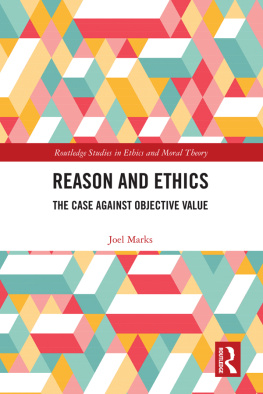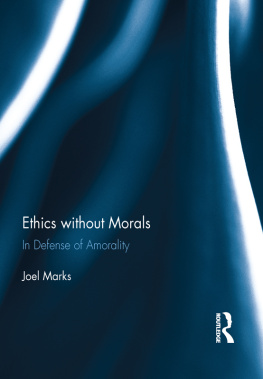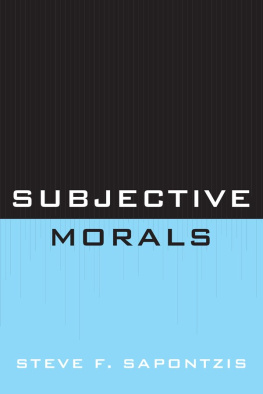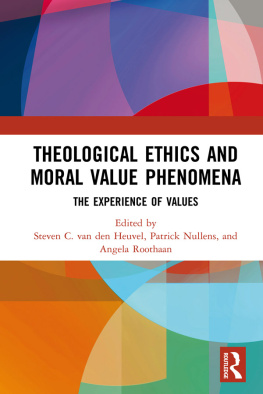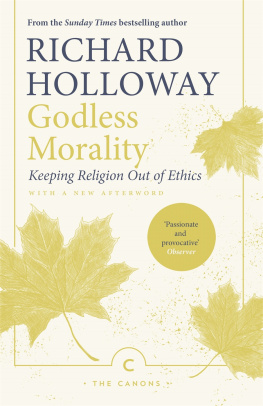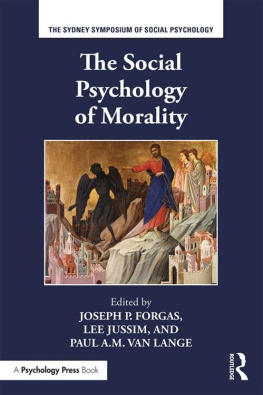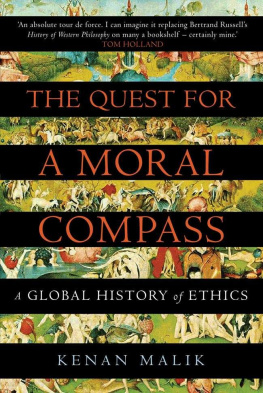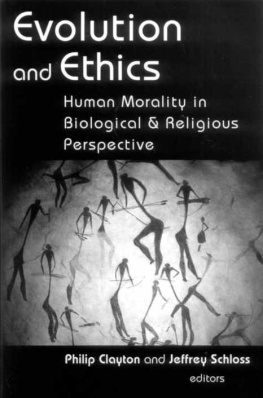As always, there are so many people who have been essential to my thinking and writing, in addition to those, often from another era, whom I know only through their writing. Today there is also the phenomenon of knowing someone only through their writing but interactively, thanks to e-mailing; thus, among the friends, colleagues, and acquaintances I want to thank are several I have never met. But whether the relationship has been in person or electronically mediated, I cannot say enough about the help I have received, though various mentions throughout the text may indicate where it has proved crucial. For now let me just call the roll: Eric Campbell, Elizabeth Eynon, Maxim Fetissenko, Richard Garner, Susan Gilbert, Matthew Hanson, Erin Hausam, Laure Hoenen, Huibing He, Stephen Latham, Jennifer Maas, Lisa Moses, Thomas Plzler, Martin Rowe, Mitchell Silver, Michal krek, Peter Smith, Pamela Stang, Melanie Stengel, and Benjamin Winton. Plzler and Silver deserve special acknowledgment for their meticulous scrutiny of the entire manuscript (but should be absolved of all responsibility for my headstrong resistance to a minority of their suggestions).
I would also like to express my appreciation to two wonderful institutions that have given me an academic berth for the writing of this book: the University of New Haven and Yale Universitys Interdisciplinary Center for Bioethics.
Finally let me mention the comprehensive and very helpful suggestions offered by two anonymous reviewers for the publisher, as well as the enthusiastic support of the editors.
Thank you, all.
The Foil
The bulk of this treatise owes its existence to Mitchell Silvers theory of morality. This is apt, since his theory, according to his testimony, owes its existence, or at least its articulation in book form (Silver forthcoming), to my own work on amorality. By developing his own counterview that morality is real and necessary, Silver has been attempting to refute my view that belief in morality is belief in a phantasm and is better dispensed with. Now I am returning the favor. Why would I want to spend a whole book counter-refuting his ideas and arguments? Two reasons. One is that even on my own view of ethics, there is nothing to rule out someones rationally choosing to be a moralist in some shape or form. I just happen to prefer being an amoralist in the sense I have characterized and for the reasons and causes I have detailed in previous books and articles and columns and continue to do in the present book. But therefore I do need to spell out carefully what advantages I see in this amoralism over any moralism that might also seem attractive.
The second reason is that, despite my ultimately rejecting both the thesis and argument, Silvers theory does contain a premise I find intriguing and inviting, to wit: Morality is the practical form of reason. In more detail (as I understand it, but Silver has also given this account his qualified approval), Silvers story goes like this. We know the world through our beliefs, and we assess those beliefs with reason. Ultimately reason endorses (or rejects) beliefs in terms of their utility. (Silver calls this idea rationalist pragmatism.) The ideal is a complete set of maximally useful, i.e., rational, i.e., true beliefs. Morality is simply the set of true or rational beliefs about what we ought to do. (Note: Other domains of normative belief pertain to other oughts, including the meta-belief, which Silver presumes would be a member of the ideal set, that the total set of our beliefs ought to be logically consistent.)
The beauty of this scheme is that it nips the is/ought problem in the bud. For ever since Hume, ethicists have puzzled over how to rationalize ought in terms of is that is, how to derive ought from is; for example, to demonstrate the wrongness of someones action (an emphatically prescriptive ought not) on the basis of its being an act of lying (a merely descriptive is). Silvers solution is that the one need not be derived from the other, since oughts and is es are rationalized in exactly the same way, namely, in terms of their utility as members of a coherent total set of beliefs. (This is analogous to Darwins maintaining that humans and monkeys have a common ancestor, as opposed to saying that humans descended from monkeys.) So both the belief that so-and-so is lying and the belief that he or she is doing something wrong have a common source; the second is not derived from the first. Problem solved (or dissolved).
This is a beautiful scheme (I feel, although I also feel I have successfully refuted it in ). It is also remarkable (to me) that both Silver and I maintain that ethics is the same as practical reason(ing), and we both claim to have dissolved the is/ought problem. However, my manner of dissolving it is more radical: I maintain that there simply is no moral ought, that is, that no moral propositions are true. Thus, we no more need to solve or grapple with the is/ought problem than we need to solve the how-many-angels-can-fit-on-the-head-of-a-pin problem. There is no ought, and there are no angels.
But the devil is in the details. So read on!
- American Association of Avian Pathologists Animal Welfare and Management Practices Committee. 2005. Review of Mechanical Euthanasia of Day-Old Poultry. Athens, GA: American Association of Avian Pathologists.
- Archer, Alfred, and Benjamin Matheson. 2019. When Artists Fall: Honoring and Admiring the Immoral. Journal of the American Philosophical Association 5 (2): 24665.
- Arluke, Arnold, and Boria Sax. 1992. Understanding Nazi Animal Protection and the Holocaust. Anthrozos 5 (1): 631.
- Armstrong, Karen. 1994. A History of God. New York: Ballantine Books.
- Atran, Scott, and Robert Axelrod. 2008. Reframing Sacred Values. Negotiation Journal 24: 22146.
- Augustine. 1867. Confessions. Translated by J. G. Pilkington. In The Early Church Fathers and Other Works. Edinburgh: Wm. B. Eerdmans.
- Babbitt, Irving (trans.). 1936. Dhammapada. New Directions.
- Bandow, J. H. 1987. The Humane Disposal of Unwanted Day-Old Chicks and Hatchery Eggs in the Poultry Industry. Ontario: Canadian Federation of Humane Societies.
- Bass, Robert. 2012. Lives in the Balance: Utilitarianism and Animal Research. In Jeremy Garrett (ed.), The Ethics of Animal Research: Exploring the Controversy. Cambridge, MA: MIT Press.
- Bekoff, Marc, and Jessica Pierce. 2009. Wild Justice: The Moral Lives of Animals. Chicago: University of Chicago Press.
- Benatar, David. 2006. Better Never to Have Been: The Harm of Coming into Existence. Oxford: Oxford University Press.
- Bennett, Jonathan. 1974. The Conscience of Huckleberry Finn. Philosophy 49: 12334.
- Bentham, Jeremy. 17891823. Introduction to the Principles of Morals and Legislation. https://www.earlymoderntexts.com/assets/pdfs/bentham1780.pdf, accessed April 22, 2020.
- Bertram, Chris. 2004. Multiculturalism and Animal Cruelty. Crooked Timber (blog), March 19. http://crookedtimber.org/2004/03/19/multiculturalism-and-animal-cruelty/, accessed April 22, 2020.
- Blackburn, Simon. 1998. Ruling Passions: A Theory of Practical Reasoning. Oxford: Oxford University Press.
- Blackford, Russell. 2016. The Mystery of Moral Authority. Basingstoke, Hampshire: Palgrave Macmillan.
- Bhm, Robert, Isabel Thielmann, and Benjamin E. Hilbig. 2018. The Brighter the Light, the Deeper the Shadow: Morality Also Fuels Aggression, Conflict, and Violence. Behavioral and Brain Sciences 41: E98. https://doi.org/10.1017/S0140525X18000031.

